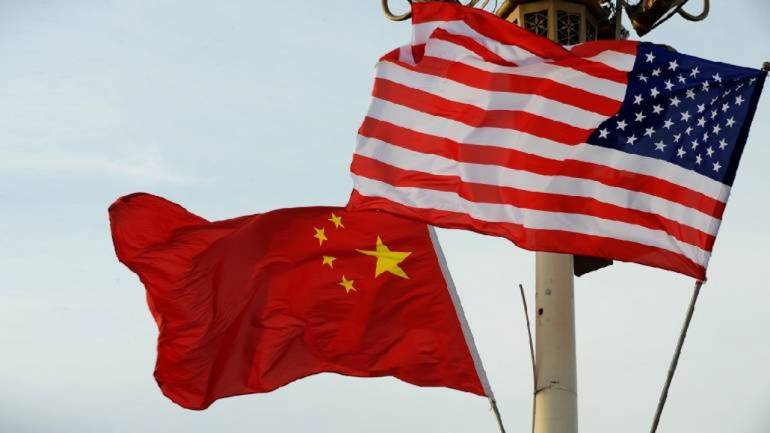World News – China struck back Wednesday at the U.S. with $16 billion in retaliatory tariffs, exactly matching President Donald Trump’s latest escalation in the ongoing international trade war.
The Chinese Ministry of Commerce declared a 25 percent levy on the U.S. goods, which include coal, crude oil, automobiles, motorcycles, and metal scrap.
The move follows the U.S. Trade Representative’s office publishing its finalized list on $16 billion in Chinese goods, effective August 23. That comes on top of $34 billion in tariffs against China already in effect, bringing the total to $50 billion.
The White House has also released a list of $200 billion tariffs under consideration, with Trump saying he could go after the entire $500 billion worth of goods the U.S. imports from China annually.
Wednesday’s response from Beijing is the most recent in a series of tit-for-tat protectionist moves between world powers and trading partners. President Trump fired the opening shot in January when he announced tariffs on steel and aluminum imported worldwide. Those were met by proportionate tariffs by China, the European Union, Canada, and Mexico — which, in turn, prompted the administration to target billions in additional goods.
Trump has repeatedly said his goal with the trade war is to force partners to the table to renegotiate trade deals he and his supporters view as unfair to American economic and security interests.
President Trump met with President of the European Commission Jean-Claude Juncker in late July to discuss trade issues, securing a promise from the American side to not follow through on his threat to add additional tariffs on European automobile imports while negotiations continued.
Regardless, the trade war has already begun to strain some parts of the domestic economy it’s supposed to protect.
American farmers in the heartland are finding it harder to stay price-competitive in a marketplace with tariffs. That led to the announcement of a $12 billion aid program for some affected farmers by the U.S. Department of Agriculture, activating a series of Depression-era relief systems which do not require Congressional approval.
Manufacturing is also seeing a hit. The country’s largest nail factory, in Missouri, announced layoffs in June due to a 50 percent drop in orders because of the tariff on steel from Mexico. Major American brands from Coca-Cola to Tupperware to Pampers have announced higher prices, citing the tariffs; and Harley-Davidson said it was moving some operations overseas to get around trade barriers.
For now, Trump’s aggressive tariff plan has done little to curtail China’s roaring export trade: Official data released on Wednesday indicate China exports rose by 12 percent year on year.
by Ben Popken, NBCNews.com

